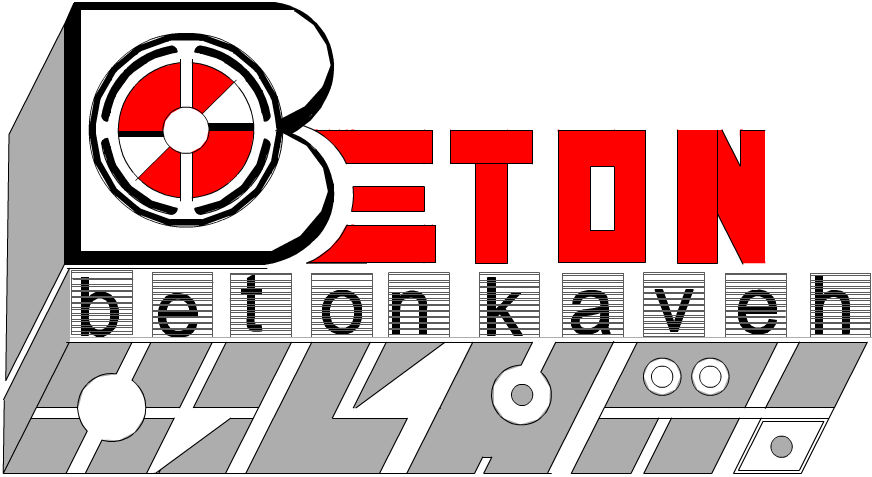The main objective in transporting concrete is to ensure that the water-cement ratio, slump or consistency, air content, and homogeneity are not modified from their intended states. The method of transportation adopted at site should be decided in advance so that suitable admixtures can be decided. The various prevalent methods of transportation are as given below.
Short chutes
Free fall of concrete over a height of 2 m should be avoided.
Short chutes with proper lower end treatment are simple to use and economical.

Burrows
Manual wheel burrow has capacity up to 80 kg of concrete. It is used for long horizontal distances.
Power burrows' capacity is up to 800 kg and can be used for horizontal distances upto 300m. They can also be used to haul concrete to a gradient of 20%. Part of the mixer is single burrow. If you take a part of concrete in one burrow and the other part of concrete in another burrow, it might be problematic because uniformity of concrete will be disturbed.
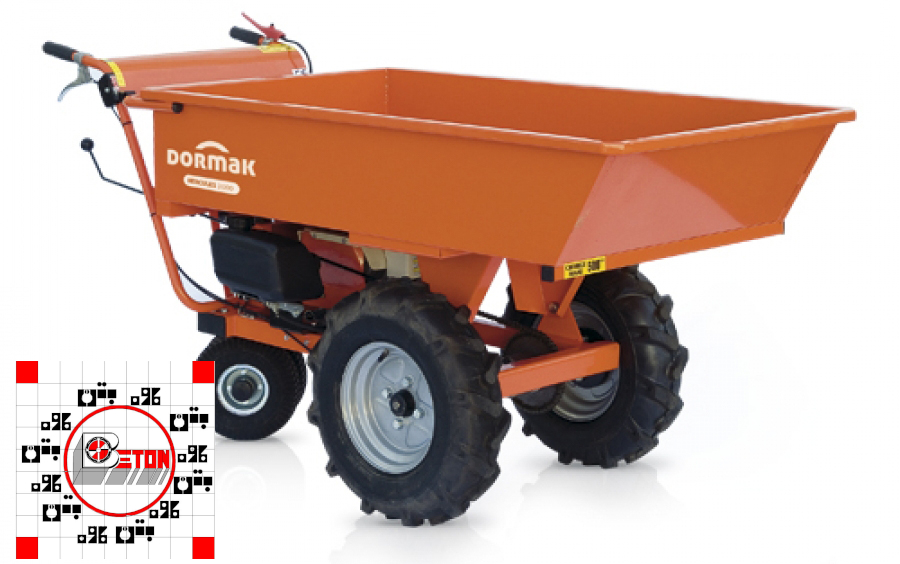
Dumpers
Dumpers are used for long hauls. Because of the jolting on the ground, ordinary trucks and dumpers tend to cause segregation of concrete during transit.
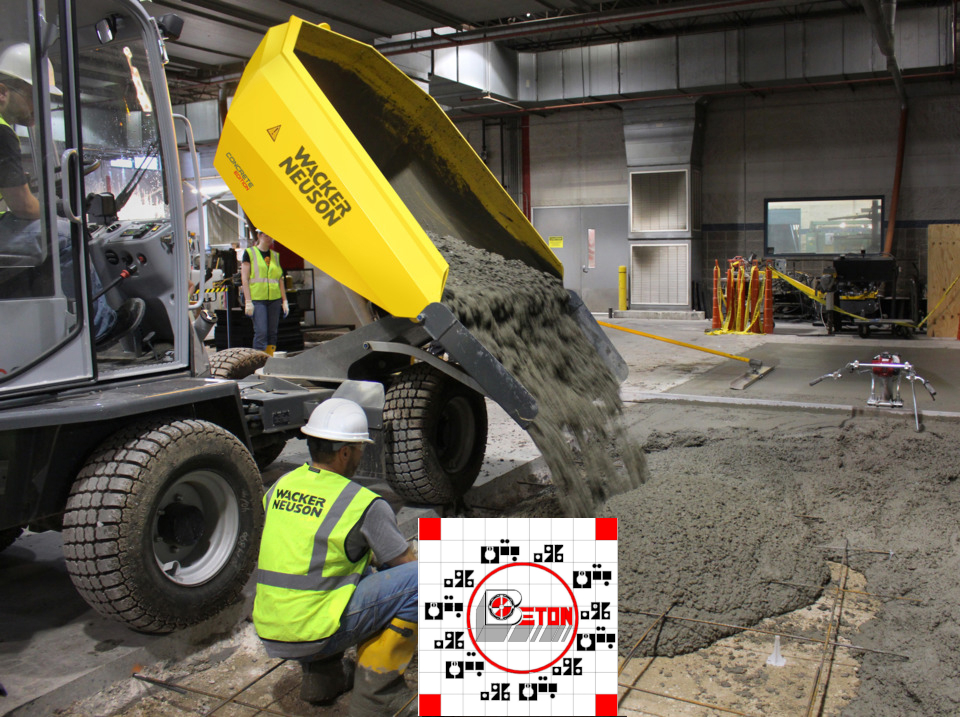
Cable way
Cable way can be used in projects where concrete is to be transferred across a valley or some obstruction like a river, sea or road.
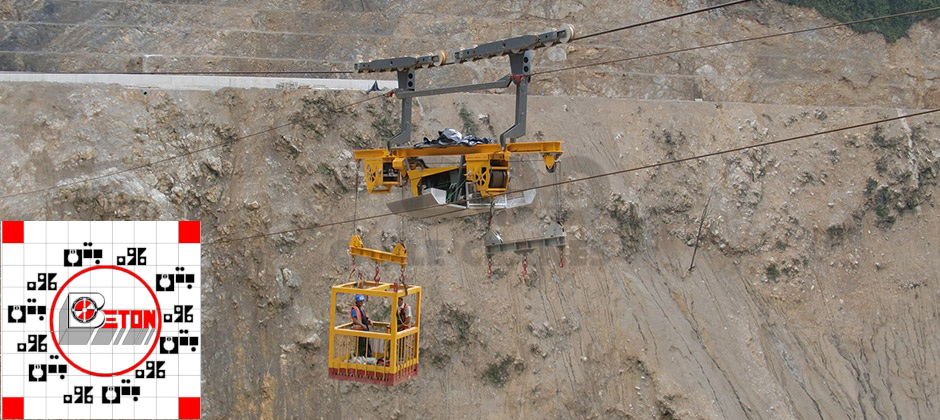
Elevating towers
Elevating towers are used for lifting concrete buckets, which can be distributed using a chute or by other means such as barrows, etc. This kind of transport can be used for construction of multi-storey building, bridges and towers.
Monorail system
Monorail system needs a track and consists of a power wagon mounted on the single rail track, which can move at a speed of 80-90 m/min. This kind of tracks are used in construction of tunnels, dams and other such kind of constructions.
Truck mixer
It is an improved and better method for long lead concreting. The concrete is covered with tarpaulin if it is transported in open trucks. If long distance is involved, agitators should be used. Truck mixers are essentially free fall mixers mounted on a truck chassis. They typically handle either thoroughly mixed concrete or a batch of dry materials where water is added when the truck arrives on site.
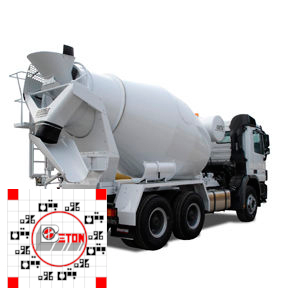
Resource: aboutcivil.org | engr.psu.edu


